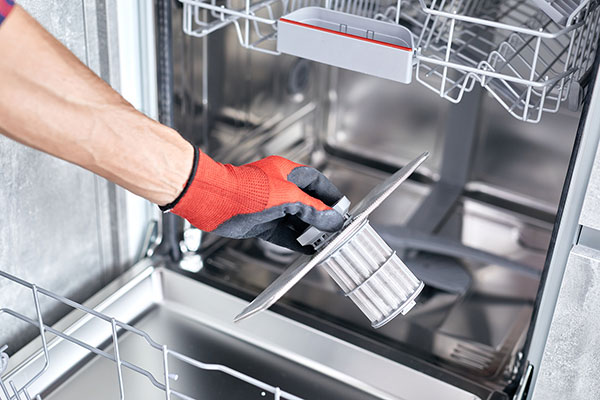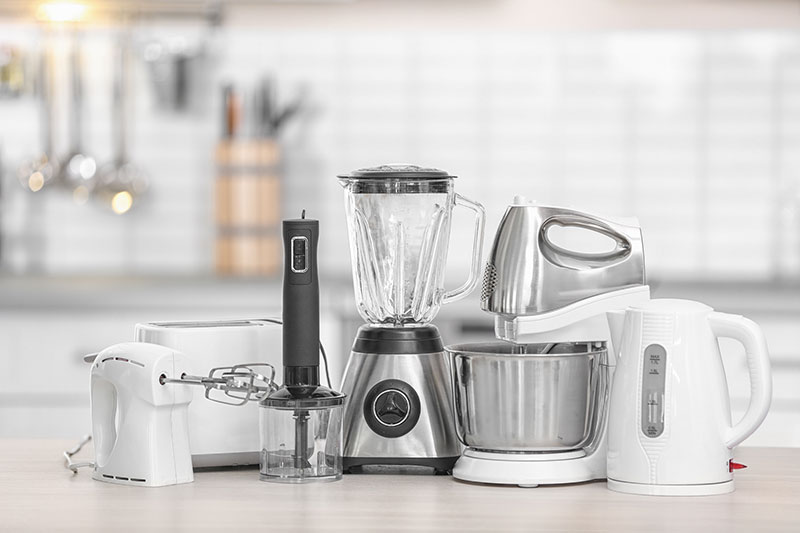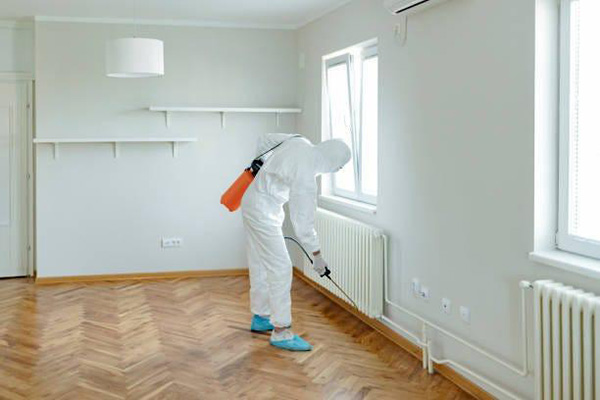7 Ways To Make Home Appliances Last Longer

Home appliances make our efficiency in the house seamless. While most of us cannot do without some of these appliances, they are expensive to purchase or replace. That’s why it’s essential to have a routine that can make the devices last longer. Often than not, these best practices don’t require professional assistance, as these are chores you typically do at home.
It would be best to remember that appliances in perfect working order reduce additional expenses and help minimize the environmental impact. That said, here are some viable ideas for protecting your appliances and making them last longer.
- Follow The Instructions Manual
Always read the instructions manual before installing and using any new appliances. The manual can guide you on caring for your machine and helps keep you and the home appliance safe.
You can contact your seller to replace your manual if you lose it. However, if you cannot get a replacement from your seller, visit the manufacturer’s website to get one.
- Clean The Appliances Regularly

All your appliances must be kept clean and dust free at all times. For kitchen appliances that have ventilation elements or fans, keep them dust free. The machines need to breathe, but if they are constantly clogged with dust and dirt, they may not be able to let out the hot air from all the cooking in the kitchen. Remember that blocked ventilation systems can lead to overheating and damage to the wiring components.
To keep your washing machine in tip-top shape, you should run a 60C cycle without any detergent or clothes in it once a month. By following this process, you can ensure that your machine is completely free of mold and bacteria.
However, if limescale is your issue, run it on regular wash and put vinegar or lemon juice instead of detergent. You can use the same method for your dishwasher and kettle.
- Keep The Filters Empty
You should clean your washing machine’s filter at least once every six months. Empty the filter of any remnants that might have stuck from unemptied pockets of the dirty laundry. You can find this filter at the machine’s base behind a panel.
In addition, your tumble dryer filter should be emptied and cleaned after every wash. Doing this ensures the machine doesn’t use more power than is necessary.
- Allow Maximum Ventilation
There should be a minimum of two-centimeter extra space behind and above every free-standing freezer or fridge. This space will allow more ventilation and makes the fridge energy efficient. With the space above, clearing the area of any lint or dust will ensure the ventilation openings are clear, and there is free air circulation.
- Clean Your Range
Oven ranges vary in design depending on the type. While gas ranges last longer than electric ones, they also malfunction with time. Keep monitoring your gas range flame color. If it is a blue flame, it means it is in good shape. If the flame is orange or yellowish, the range needs cleaning and is clogged with food particles.
On the other hand, the electric range uses electric elements that wear out over time. Deep cleaning every three months is advisable to make the range last longer. Although you may opt to use the self-cleaning option, you can clean using a homemade cleaning solution made of water, vinegar, and baking soda. It will give your stovetop or oven a fresh smell. You may also find various cleaning supplies at your local store.
- Regular Maintenance
If properly maintained, electronic devices like air conditioners can last up to fifteen years. Maintaining these items properly will increase their lifespan. Therefore, it would be best to have a professional routinely check your air conditioner.
With regular servicing, you can identify potential problems, and you can take preventative measures. The professional will also help you clean the air conditioner and clear any air blockages.
However, if you do not prefer hiring a professional, make sure you change the air filters at least once a month to keep your air conditioning unit in good condition.
- Check Your Water Heater For Sediment
It’s easy to forget to clean your water heater since it’s in the attic or basement. That’s until it starts malfunctioning. Sediment is the leading cause of water heater breakdowns. So, clean and remove any residue at least once every four months.
In addition, since the anode rod is the primary cause of sediment buildup, you should replace it at least every two to five years.
Final Thoughts
The best way to ensure your appliances last long is to have regular maintenance, use recommended accessories and keep them sparkling clean. That way, you’ll save on any replacements. You can also engage the assistance of a professional to service some of the appliances.



